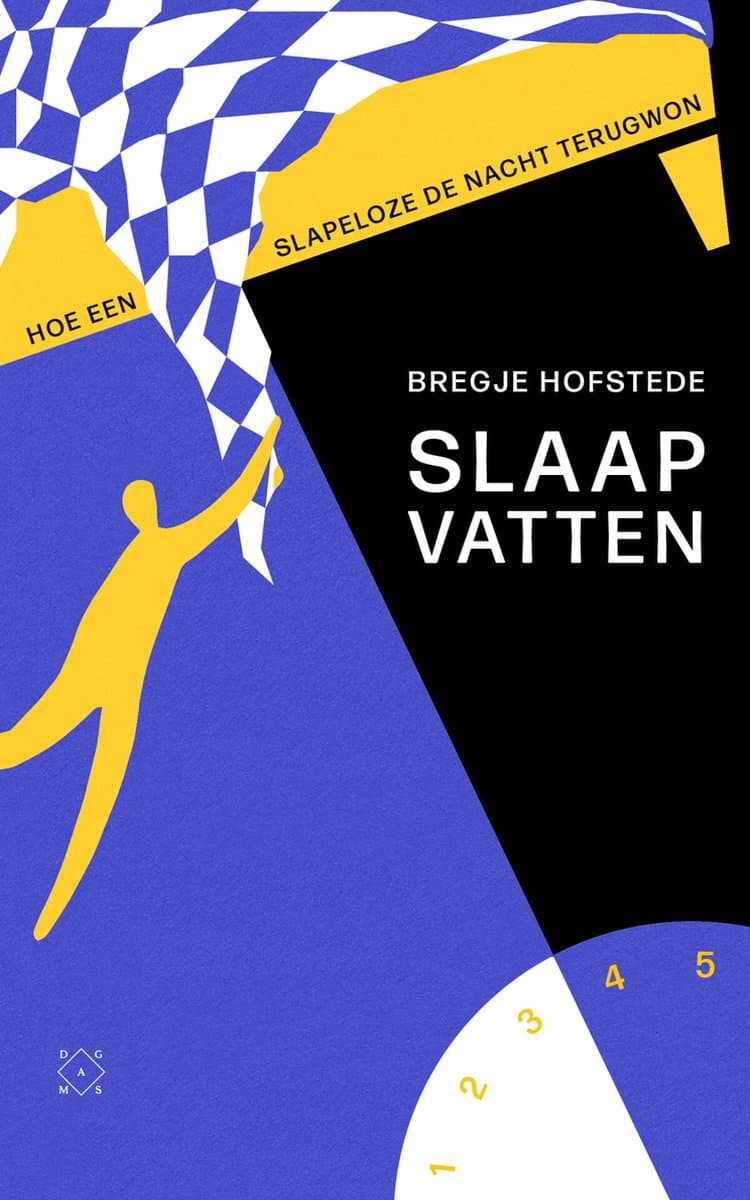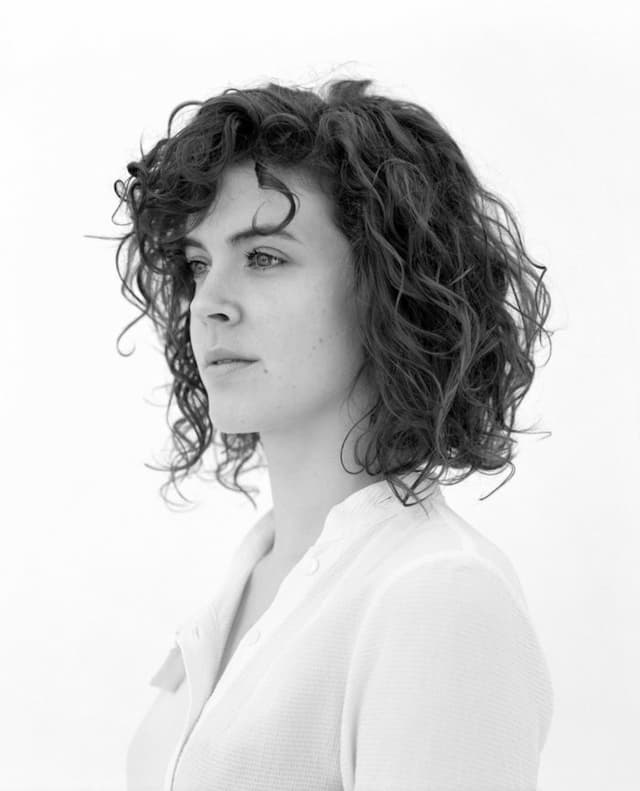Getting To Sleep
Most animal species do not suffer from insomnia. Only animals living in captivity are known to develop sleeping problems. Horses in cramped stables, for example, sway all night and hardly sleep. Yet one in ten people suffer from chronic insomnia – are our cages too small? Bregje Hofstede, a certified insomniac herself, looks at the root causes of poor sleep in the hope of understanding why she has such trouble with it.

‘Sleep was once a god: Morpheus, god of dreams. In paintings, he is a handsome winged young man who takes the sleeper in his arms.’ While sleep may be a universal part of life, it remains surprisingly mysterious. We do not really know what it is, why we do it, how it works or why exactly it goes wrong. What are the fault lines running through our nights?
In this literary essay, Bregje Hofstede examines the function of sleep, why we fail at it and how much we are responsible for our own sleeplessness or not. Along the way, she addresses the place dreams have in our lives, why our moods are so dependent on sleep and what a sleep-friendly environment might look like. After trying the usual treatments like melatonin, blue light and exercise, she concludes that insomnia is actually a wake-up call that something greater must change.
This is a personal handbook for the bad sleeper, positioned somewhere between popular science and memoir, written in a confessional literary style. Bregje Hofstede is a master at combining different genres: she gives us access to the intimacy of her inner world, refers to thinkers, sleep psychologists and psychiatrists, philosophers, and smoothly weaves world literature through her own candid reflections. As in her memoir on burnout, she concludes that we cannot separate physical complaints from the demands, social pressure and tensions caused by the world around us. Herbal tea and better curtains may help, but the real solution lies in how we deal with our emotions.
Hofstede’s own search for tranquillity ends with a radical decision: she moves from the city to a mountainous region in the French countryside. ‘If lifestyle tips don’t work, don’t change your lifestyle, change your life,’ she concludes, noting that though she has made this decision for herself, she doesn’t want to impose it on others.
No tips here, no catharsis, but her book encourages reflection on mental and physical health and the interaction between the two.
Trouw (on 'The Rediscovery of the Body')
With 'Drift', Bregje Hofstede proves that she belongs to the new wave of Great Dutch writers.
De Wereld Draait Door book panel (TV, on 'Drift')
